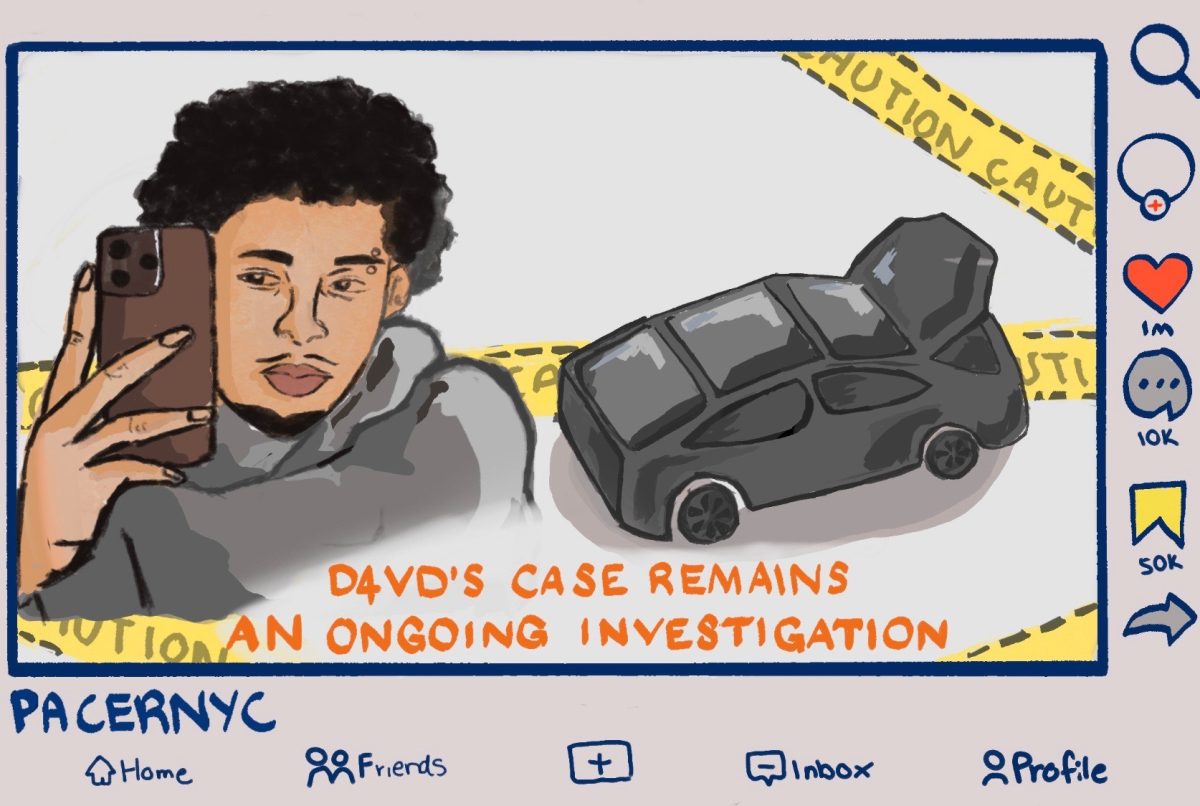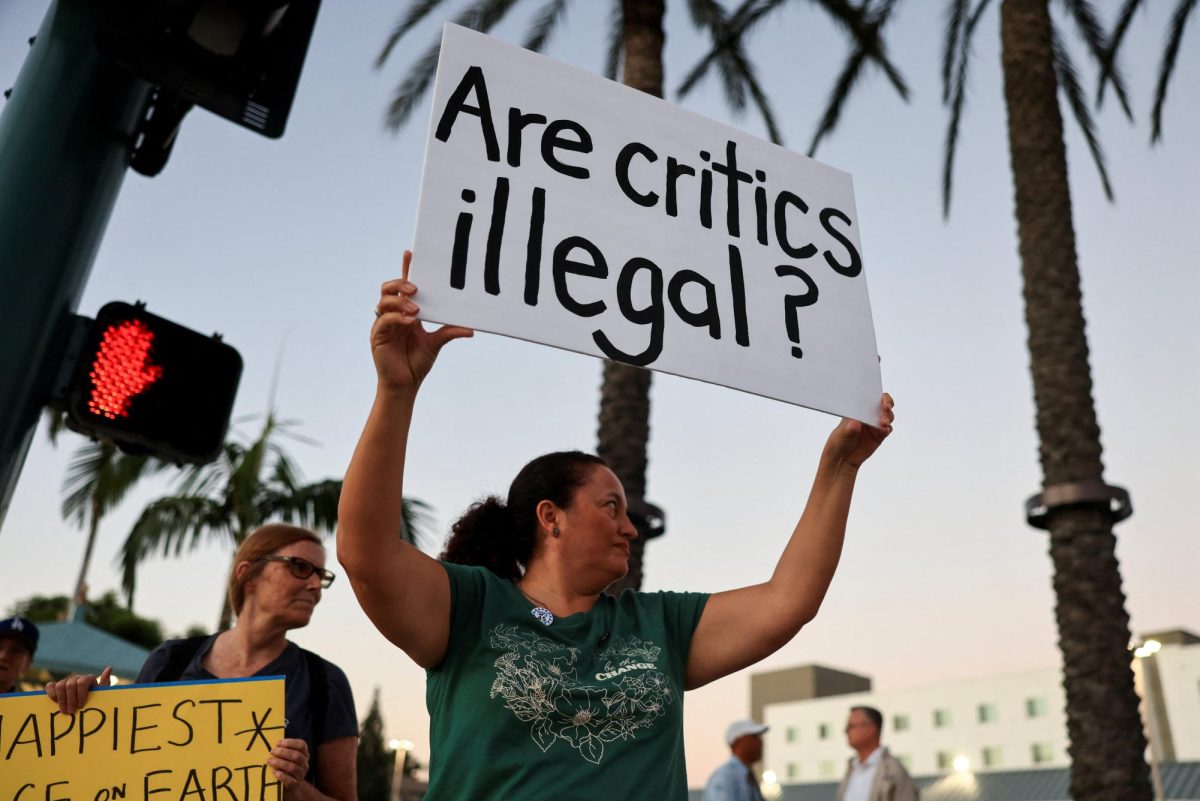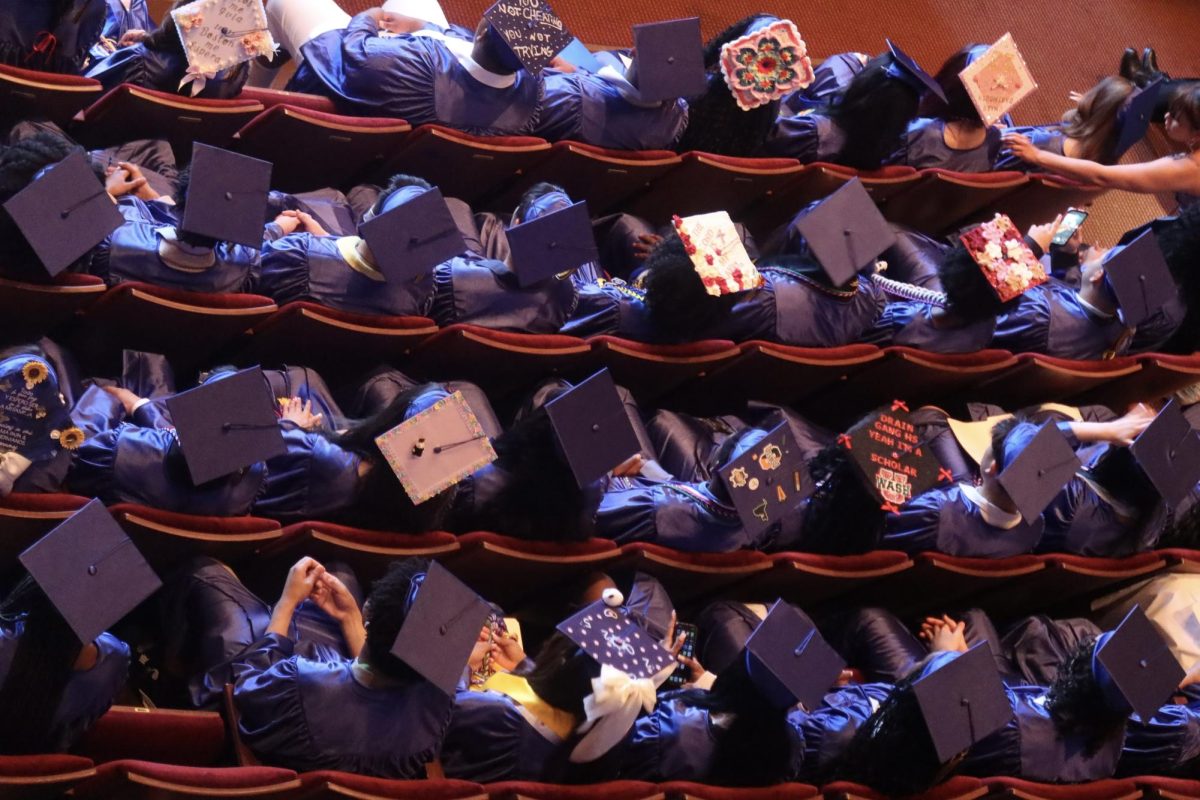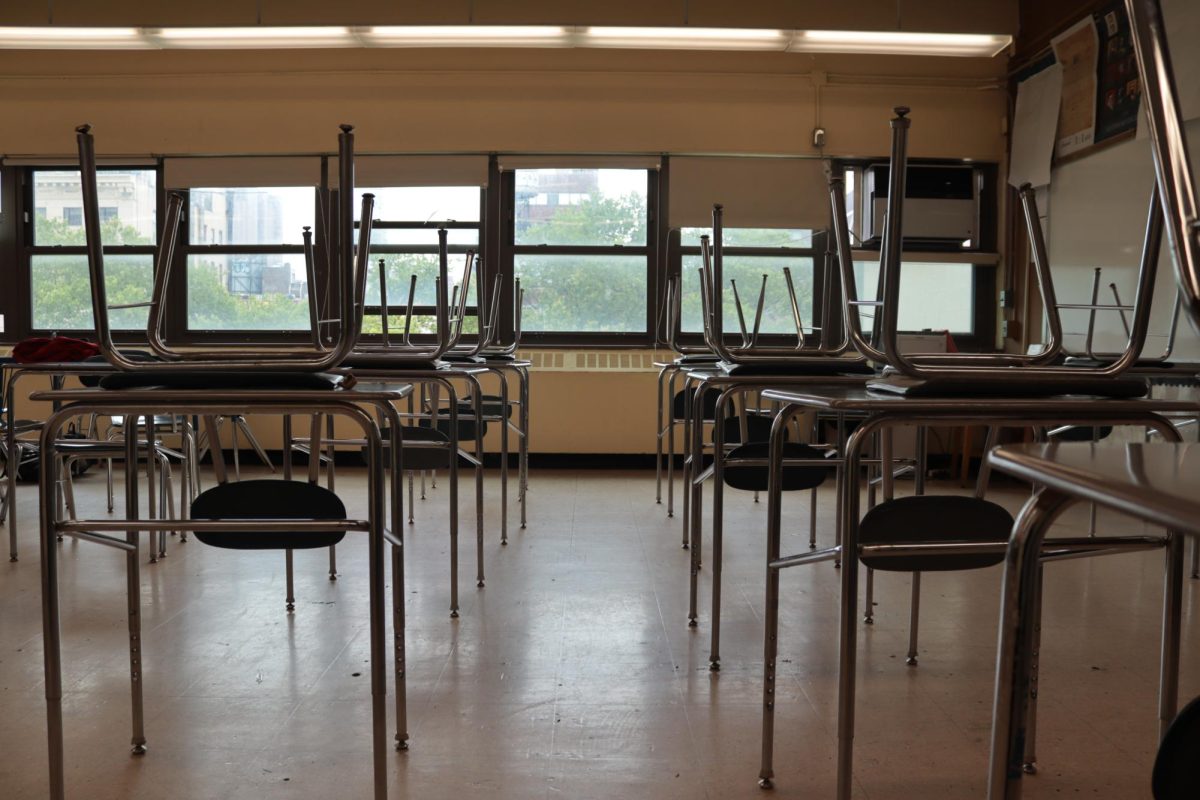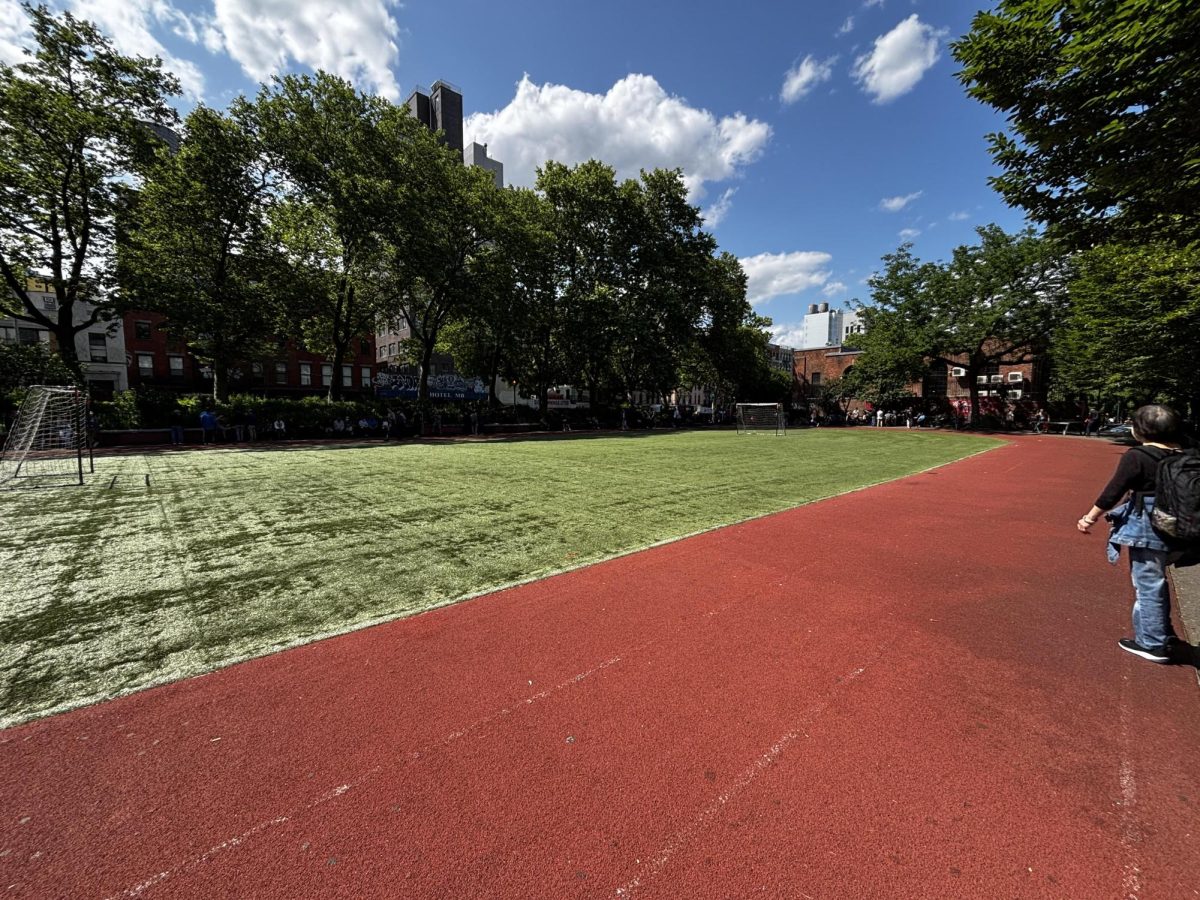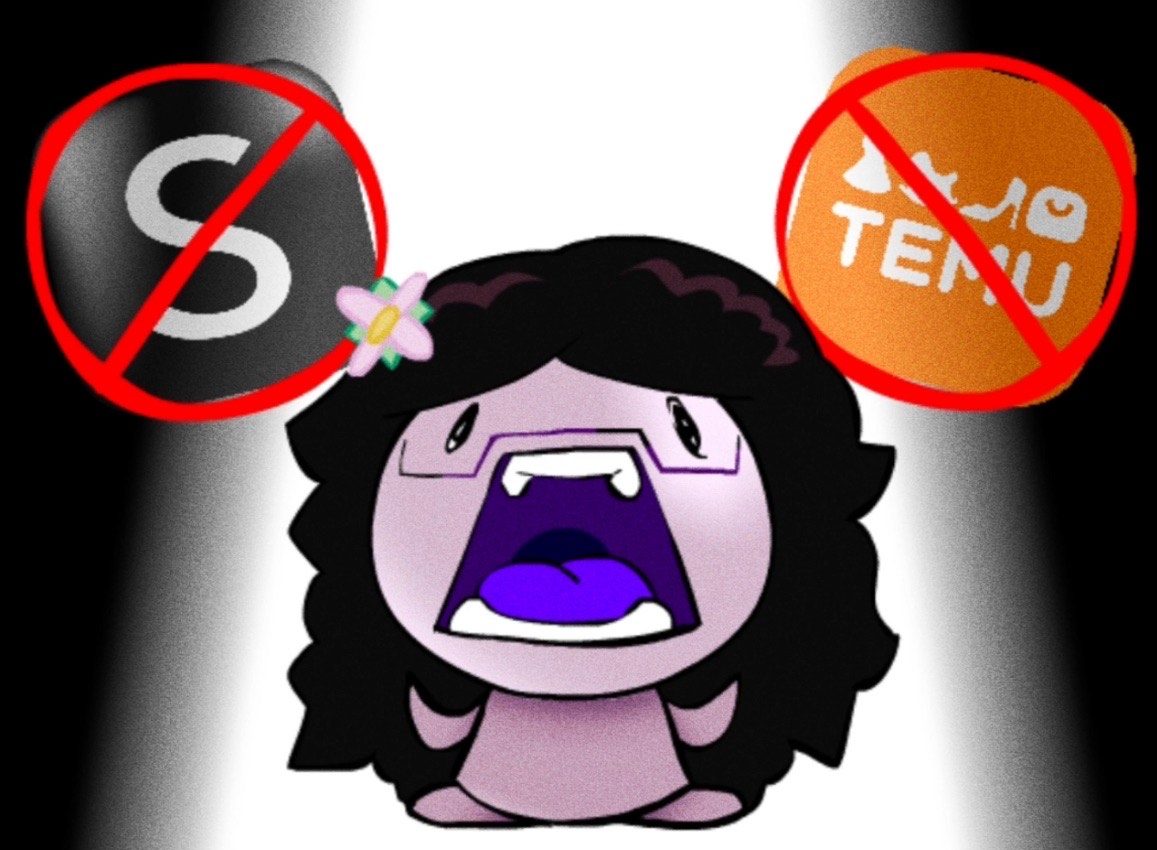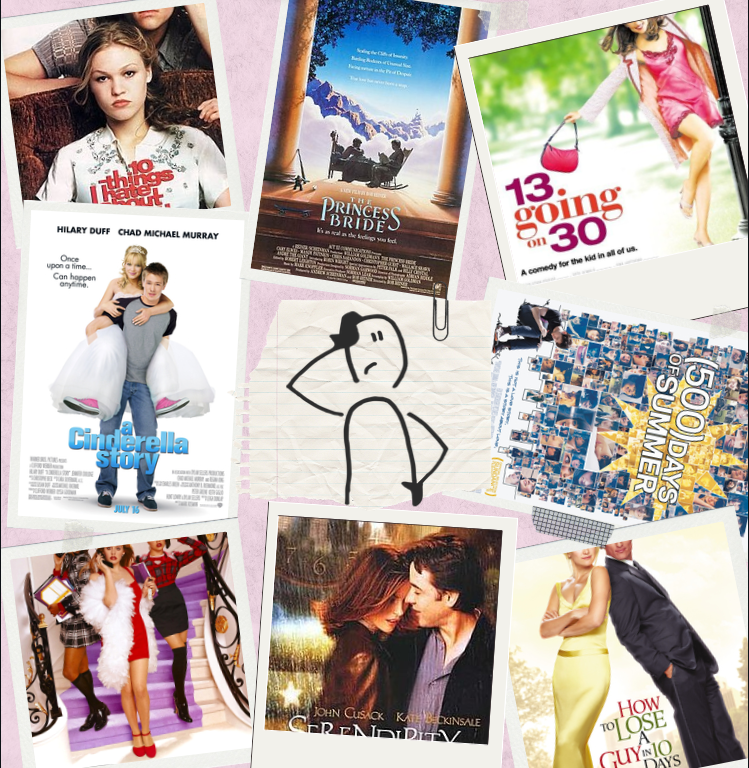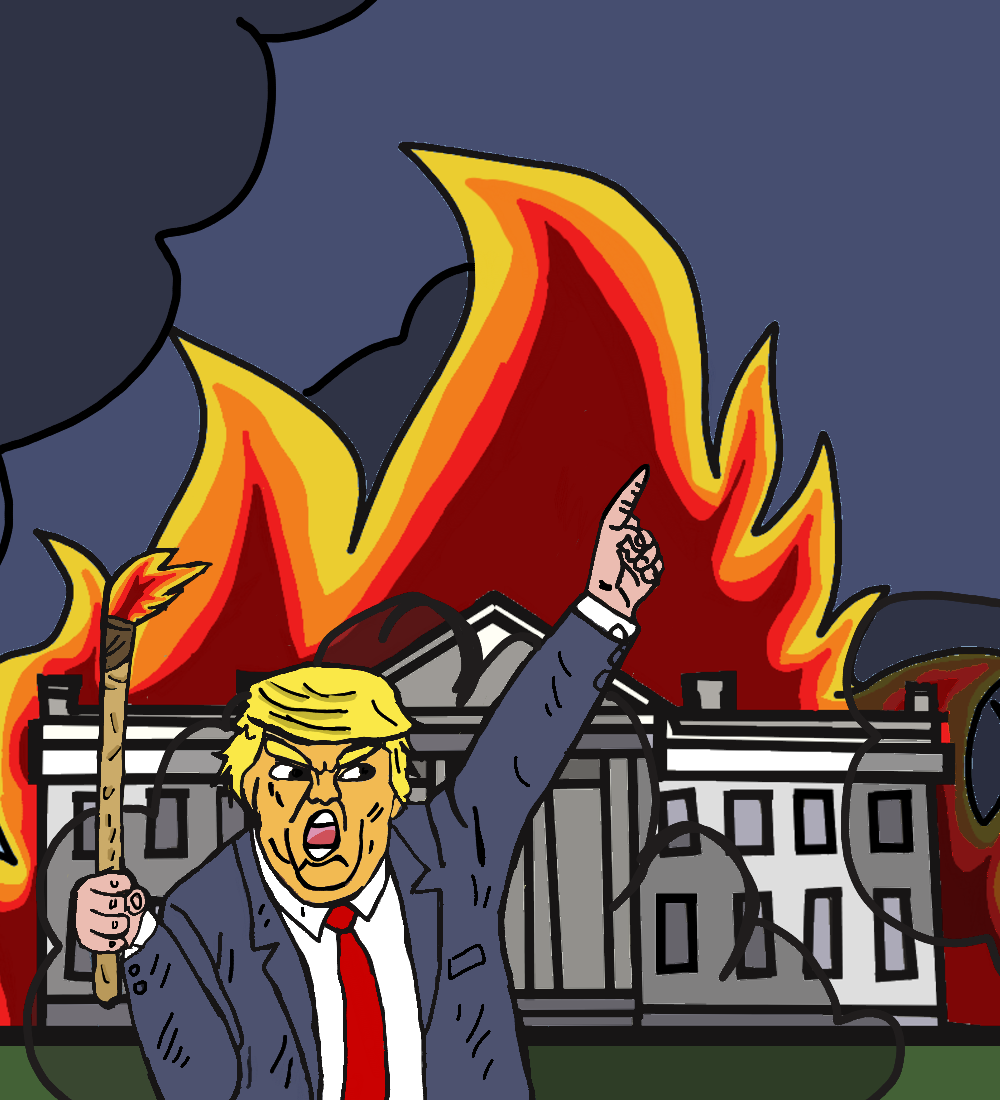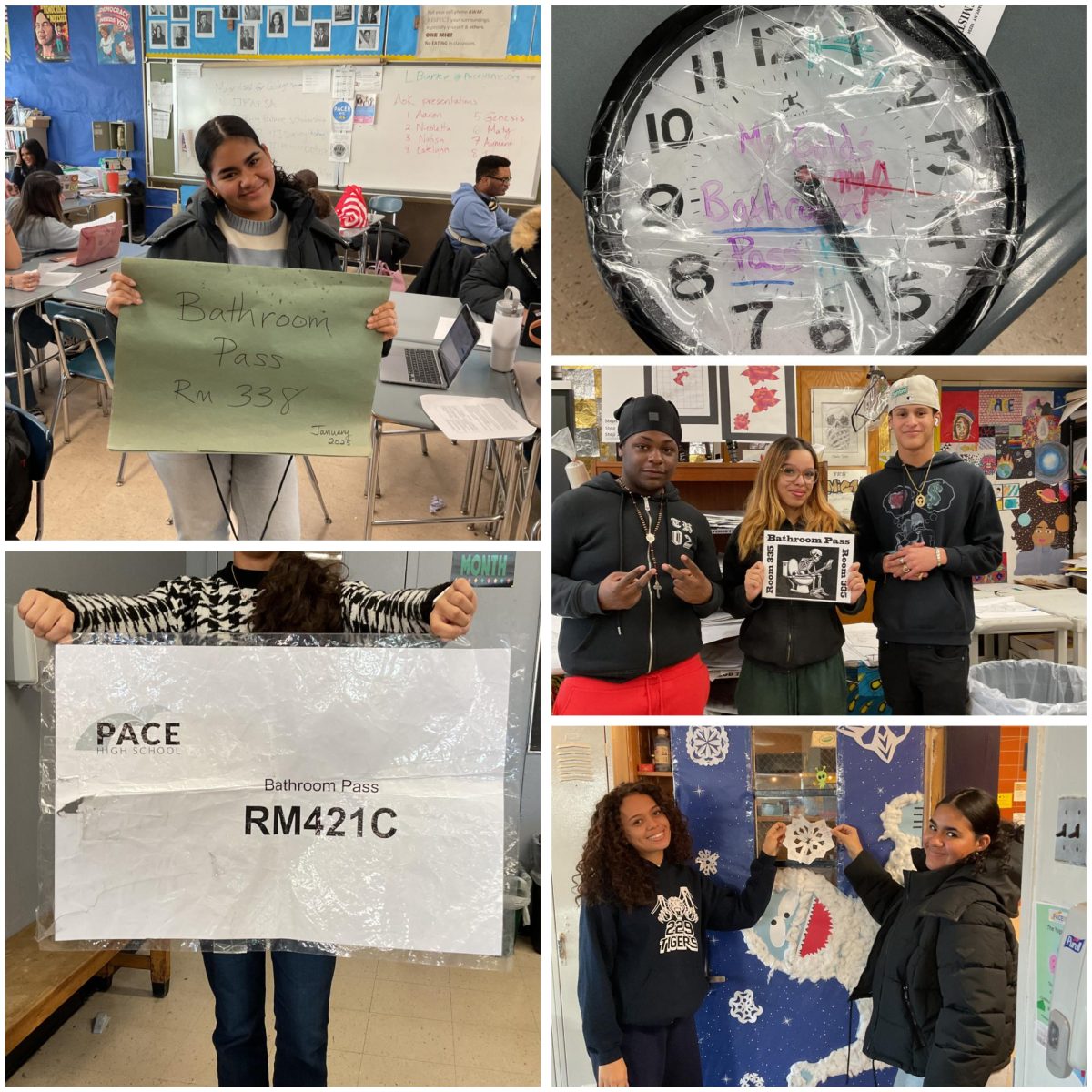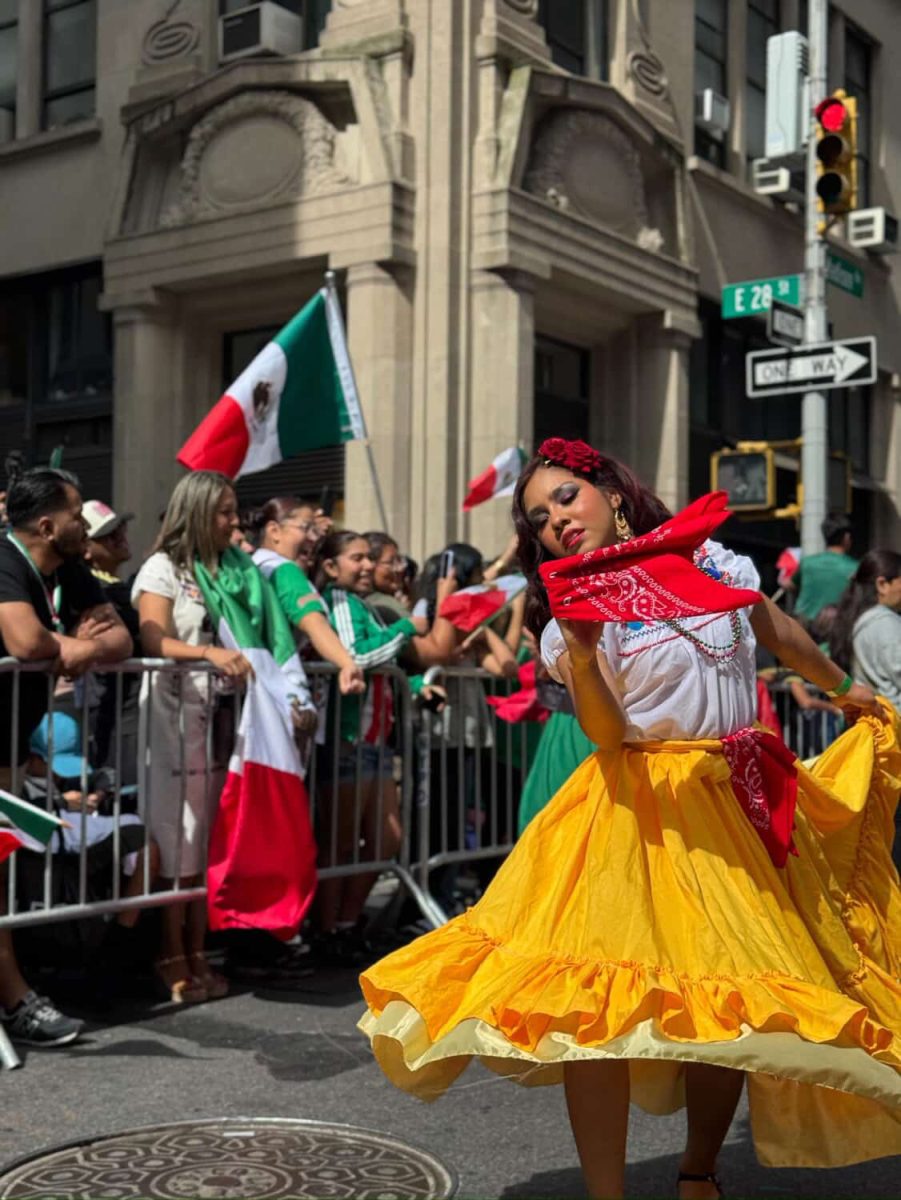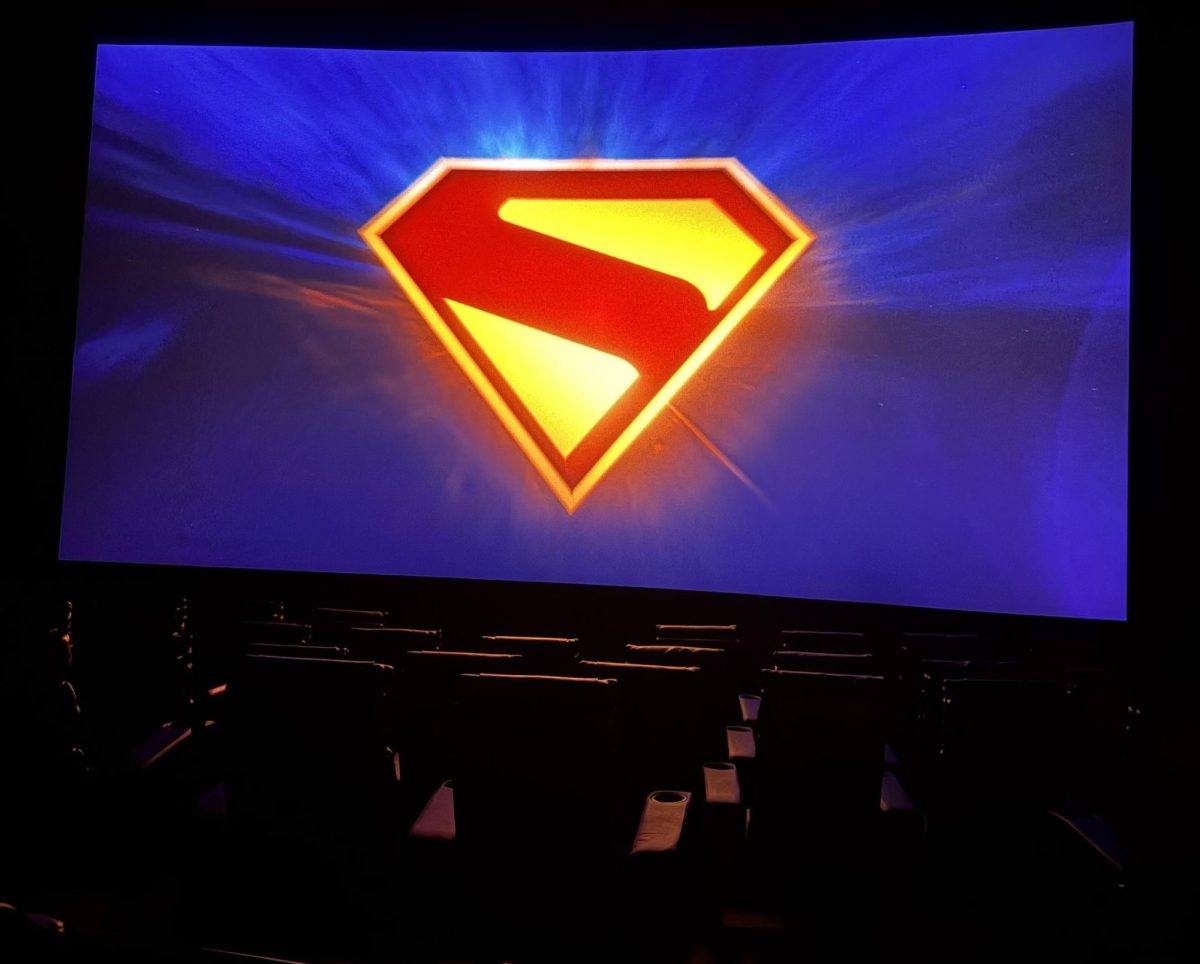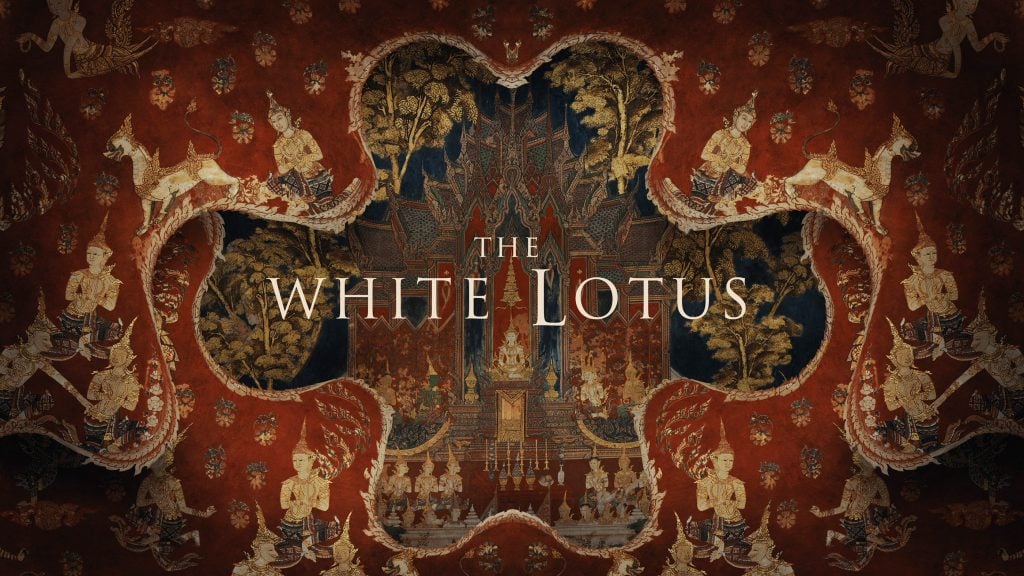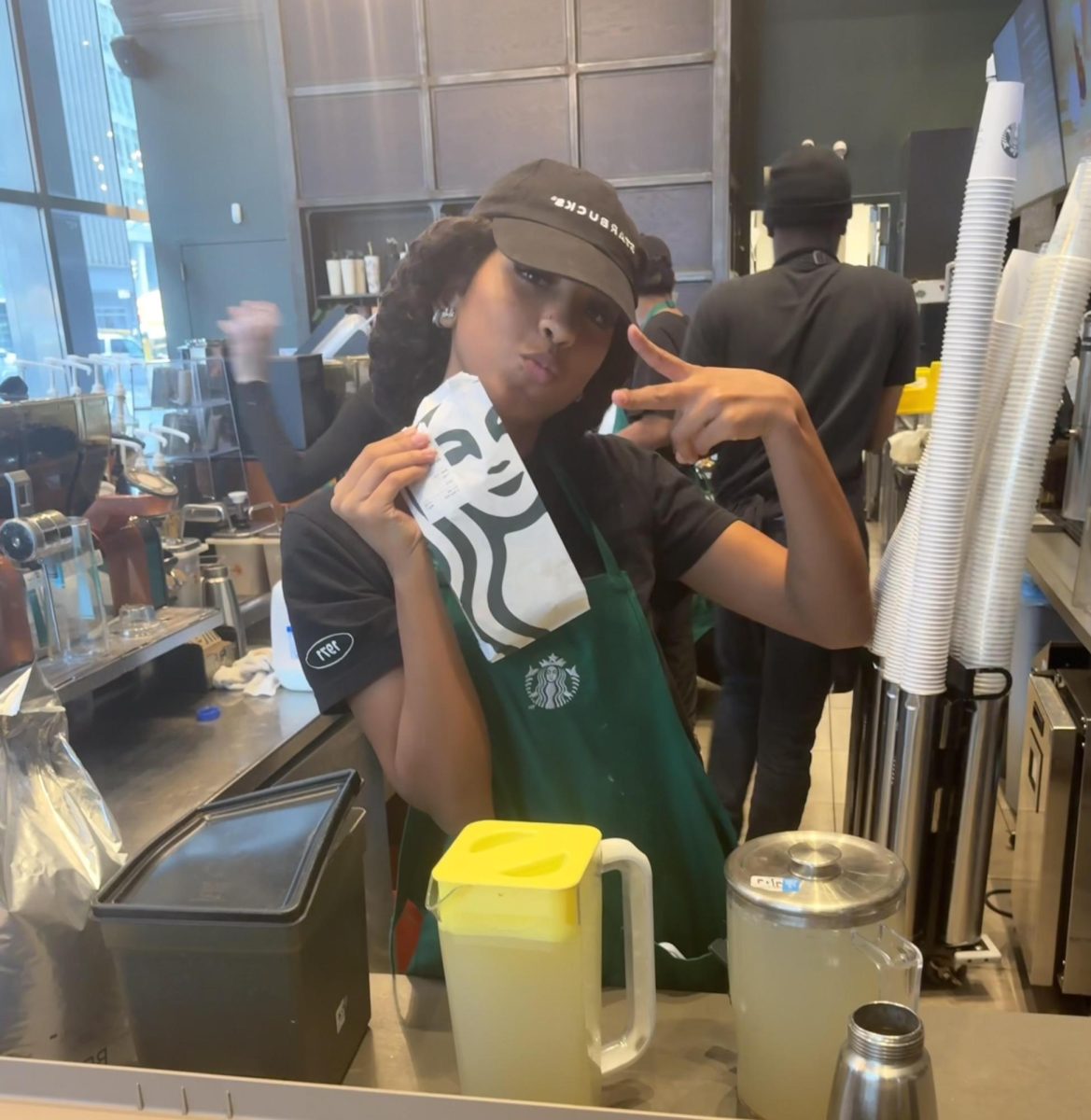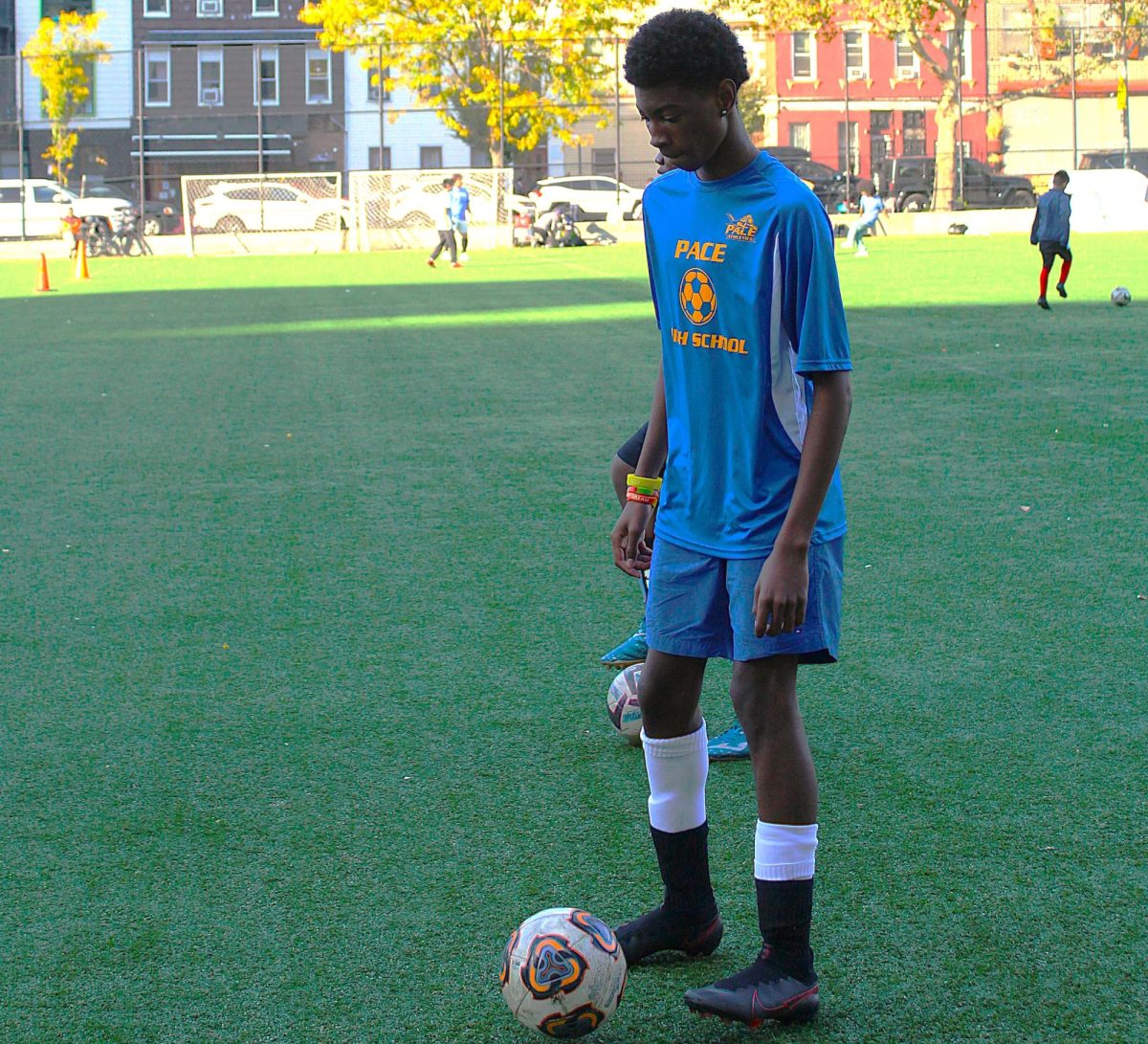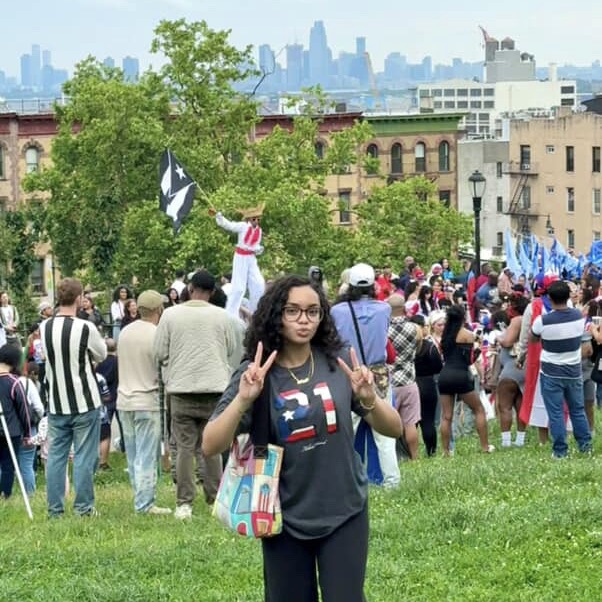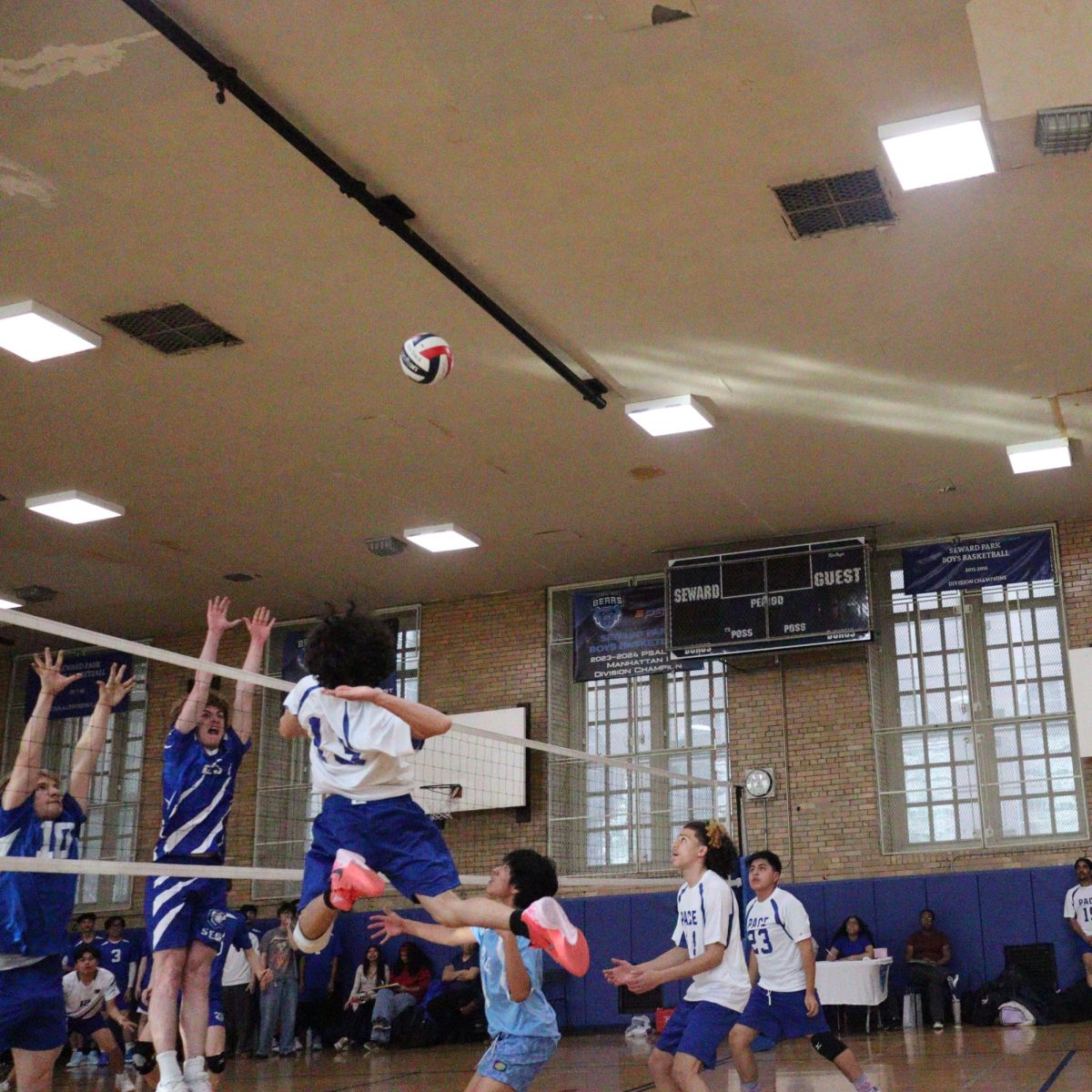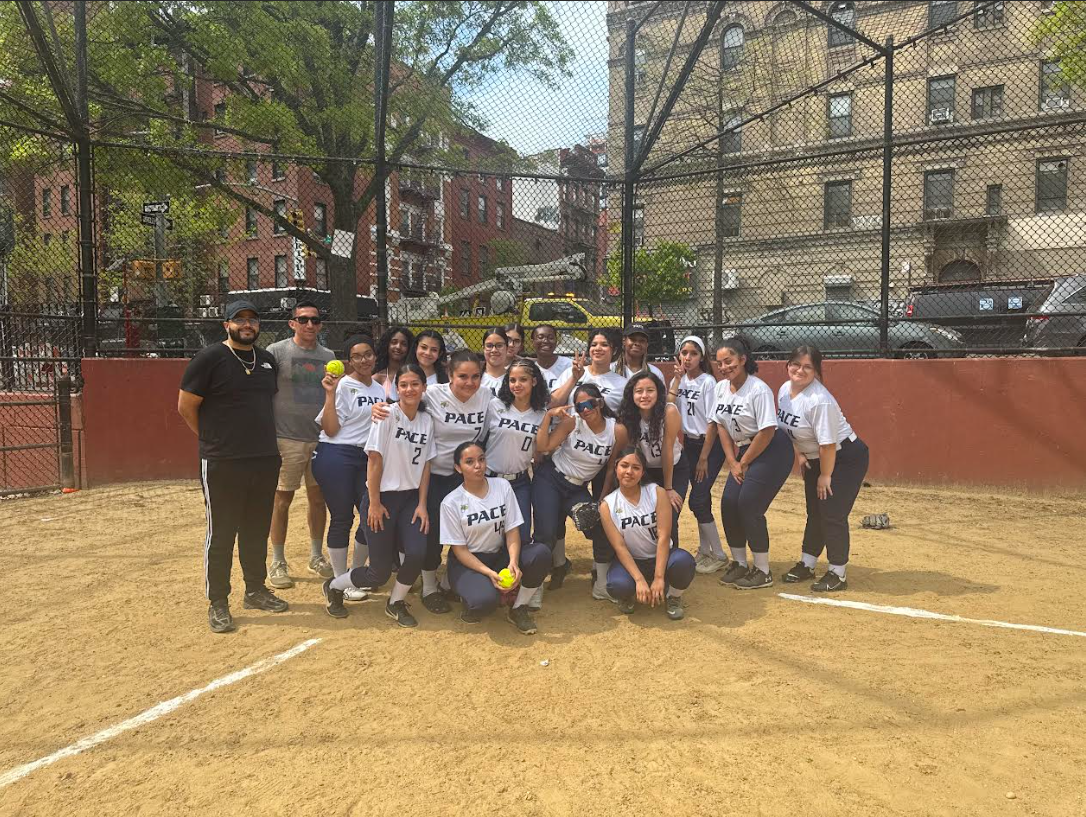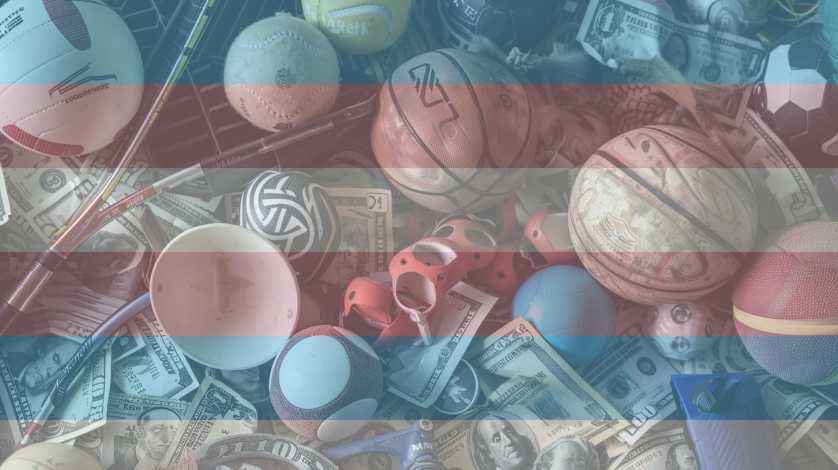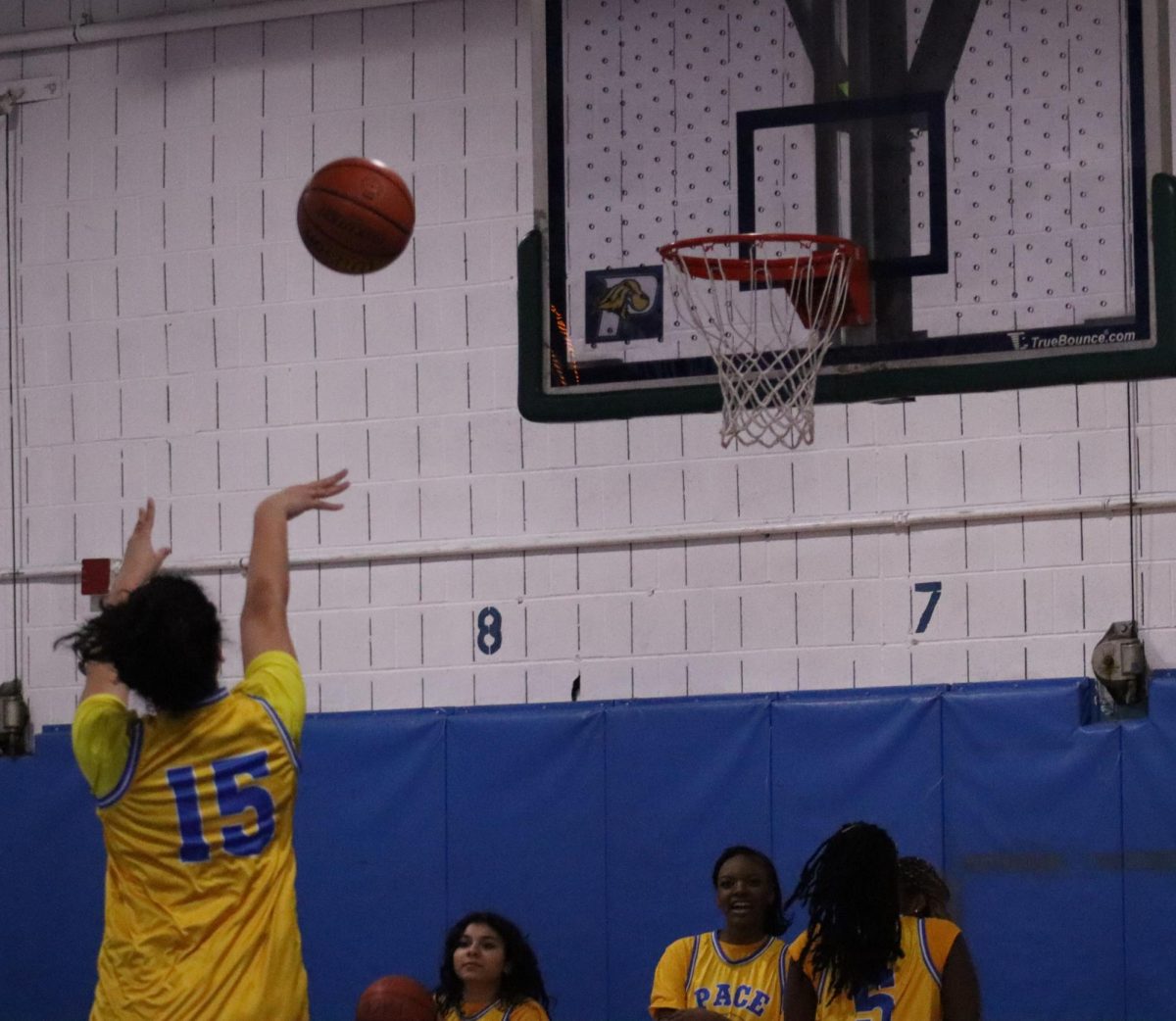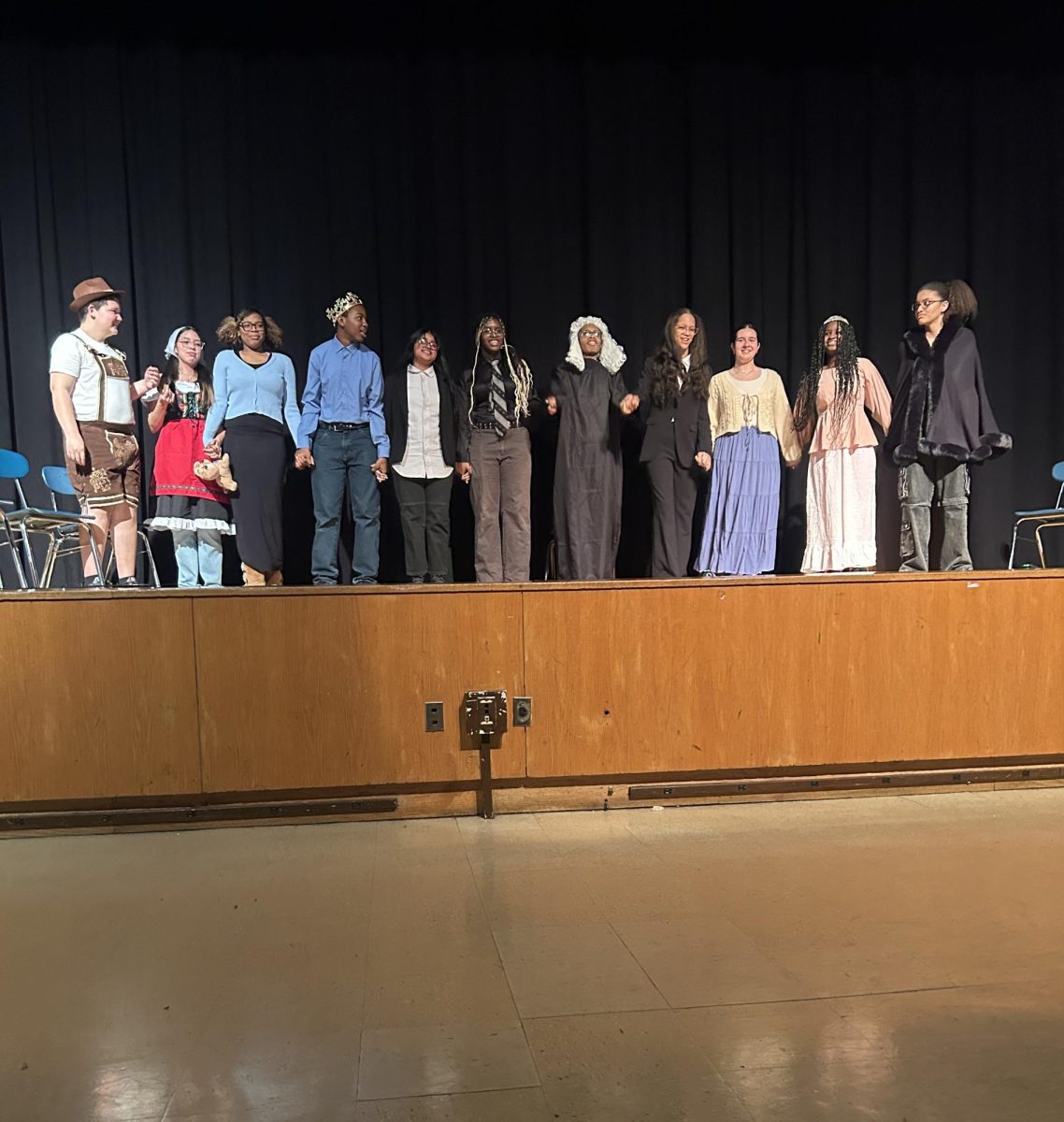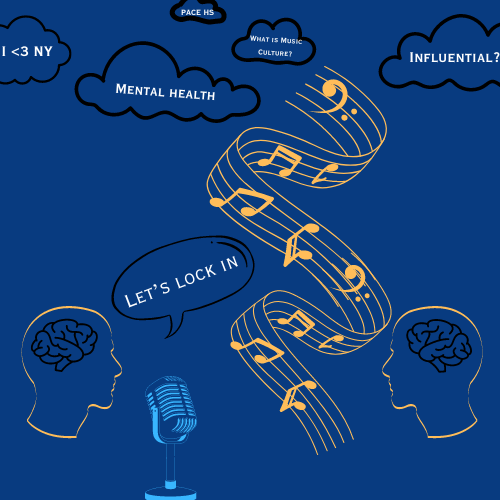
People may not realize how deeply they are impacted by the media, especially music culture.
It’s often said that New Yorkers have more character to them. But where do these personalities come from? Where does the slang we use come from? Pacer NYC talked to students and teachers to gain insight into how music influences their ways of speaking.
Fransheli Rivera, an 11th grader, expressed that New York City is heavily influenced by the media and music culture is popular amongst young students at Pace.
Rivera is from the Dominican Republic and lived in both the Dominican Republic and NYC until she was 12 and her family settled full-time in Brooklyn.
Rivera listens to a wide variety of music “except country or slow songs because they’re too yee-haw and too slow, usually more than four minutes too long.” She feels like these genres don’t match her style and they don’t match the dialect of New York.
“We have internalized standards of media and (that) can have a positive influence, can help people discover their identity and help them navigate around society,” Rivera said. “It can be a negative influence, as well, since everyone becomes the same person and there’s a lot of consistency in NYC.”
Rivera uses slang such as “bro,” “babe,” “let’s lock in” and “cooked.” Some music she listens to mentions slang, but it’s not the same words that she uses daily.
“I get slang from people around me or even media I see,” Rivera said.
Nalani Joseph, a freshman, has lived in NYC their whole life and their favorite artists are Lil’ Kim, Tupac, Nicki Minaj and SZA. They think the most popular music in NYC is mostly drill and R&B, and that many people in the city listen to the same kinds of music.
Joseph said their speech isn’t heavily influenced by music and that they don’t use a lot of slang. “I only use LOL,” Joseph said. “I don’t really understand much of the slang sometimes, but people use it.”
Mr. Doliber, a US history teacher, is a resident of Astoria. He moved from California to Queens two years ago and he listens to rock, jazz, classical and even folk. Mr. Doliber doesn’t use much slang on an everyday basis, but when he does, he uses phrases such as “mad brick” to mock native New Yorkers.
Similar to Mr. Doliber, sometimes the media makes light of New Yorkers’ way of speaking. There are a lot of stereotypes about New Yorkers and Mr. Doliber said that even when these assumptions are involved, “New York is a diverse place filled with a wide variety of really interesting people.”
But at times, he feels pretty alone in Astoria.
“It is a very family friendly neighborhood,” Mr. Doliber said.“There’s not a lot of single people talking about the same music.”
Mr. Doliber thinks that music can negatively impact New Yorkers’ health because it can promote vices.
“New Yorkers depend on music and media culture to the point that people start drinking too much and doing drugs to keep up,” he said. “New Yorkers need to stop drinking and doing drugs and get real hobbies.”
Music is known for being the connection between people and culture. A 2020 study by researcher Jingyi Wang found that “students can not only appreciate beauty while listening to music, but they may also reduce tension, cultivate emotions, and improve their personalities.”
Wang’s study shows that media and music is not all negative for students’ mental health. Instead, it can influence a person to develop their own identity while still being able to relate to others.
Reported with instructional assistance of Arabella Saunders, Report for America corps member and reporter with New York Focus.

